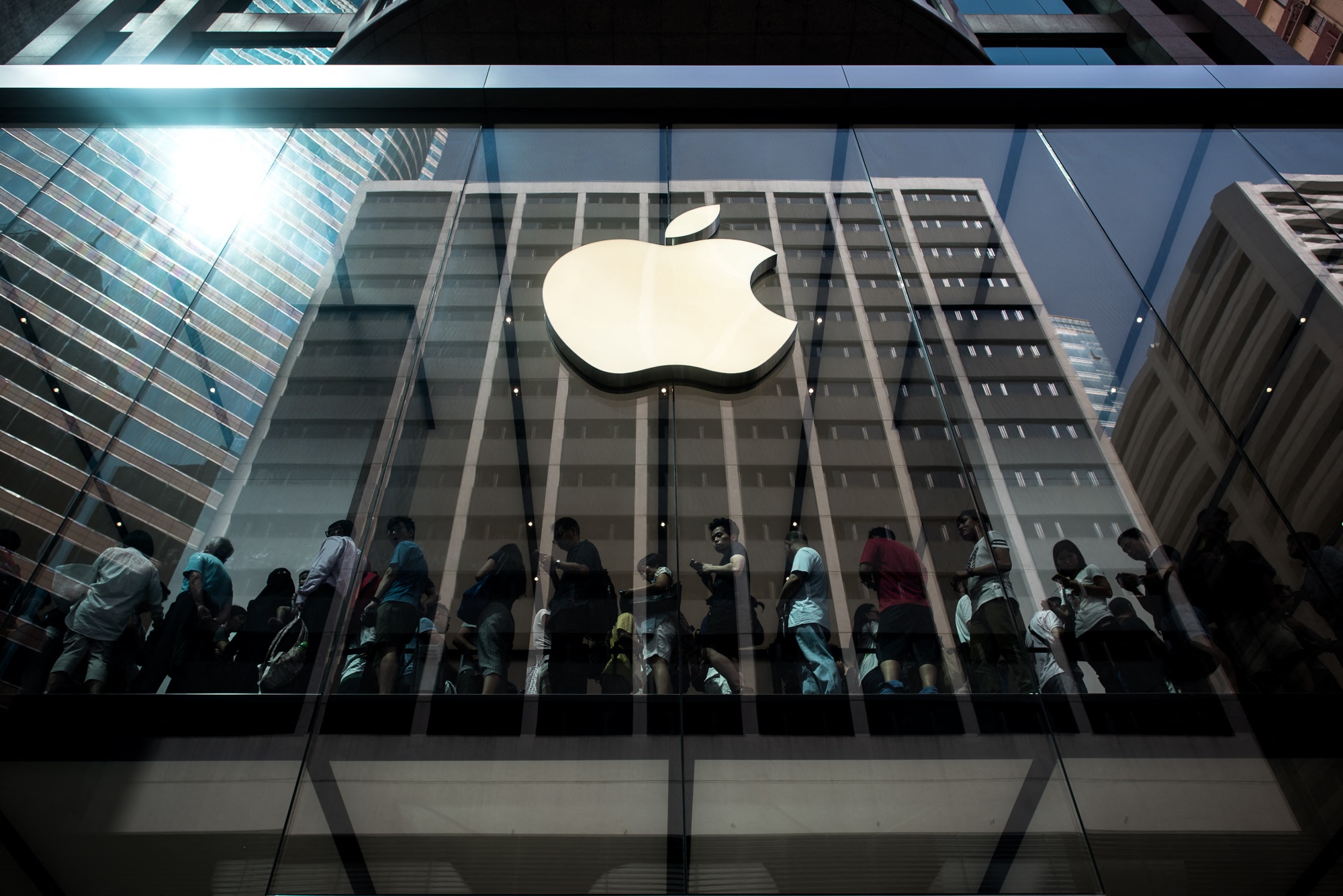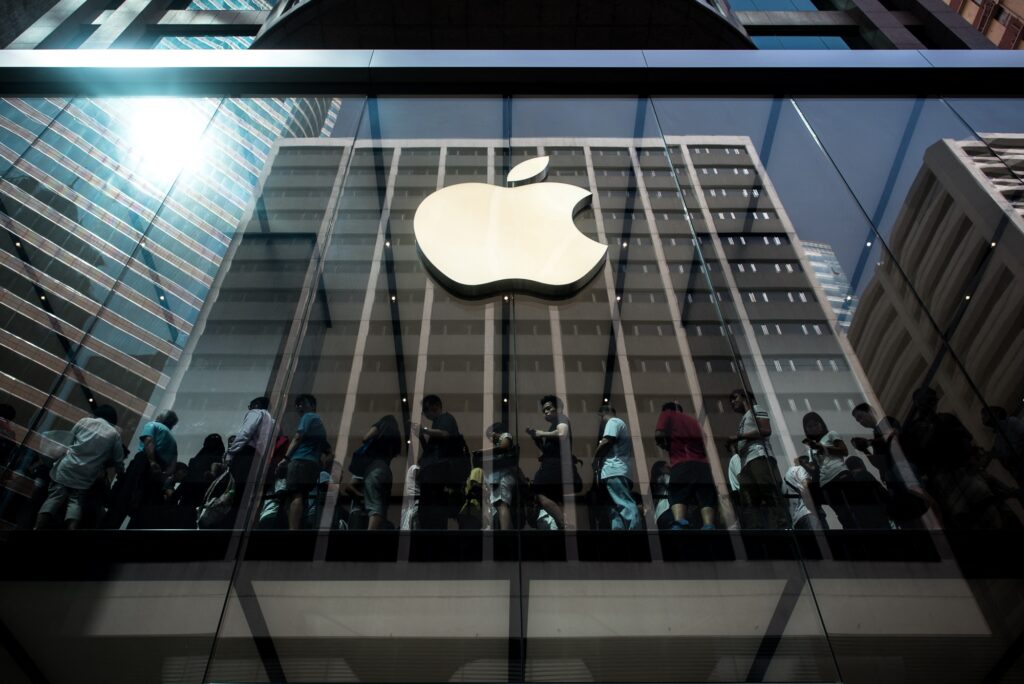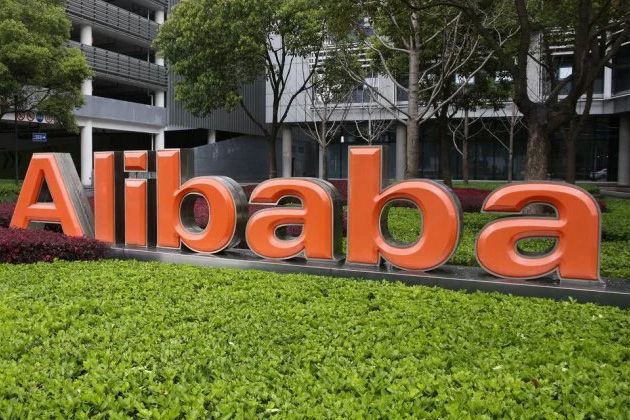Apple Faces $539M Fine in EU Antitrust Case Sparked by Spotify
The European Union has imposed a massive fine of $539 million on Apple following a complaint filed by Spotify. The complaint accused Apple of anti-competitive practices through its in-app purchase system, often referred to as the “Apple Tax”, which imposes a 30% fee on digital purchases made within apps on iOS devices. The fine marks a significant moment in the ongoing debate over the fairness and openness of digital marketplaces, particularly the App Store, which serves as the sole gateway to software on millions of devices worldwide.

Image Source: bloomberg.com
Spotify’s complaint, filed in March 2019, argued that Apple’s policies stifled innovation and limited consumer choice by penalizing competitors of Apple Music, its own streaming service. By imposing the 30% fee, Apple effectively forced competitors to either raise their prices or significantly cut their earnings, with Spotify claiming that the move was intentionally made to harm competitors.
The EU's Investigation
The European Commission’s investigation concluded that Apple’s practices distort competition in the music streaming market, a violation of EU antitrust laws. This decision underlines the EU’s commitment to ensuring fair competition and innovation within its digital single market. This fine is not just a financial penalty, but also a signal to major tech companies about the importance of complying with EU rules designed to protect market competition and consumer choice.
Apple’s App Store policies, particularly the mandatory use of its payment system for in-app purchases, are under scrutiny for creating a controlled environment that limits other companies’ ability to compete effectively. . The case is important because it challenges the mechanisms through which big tech companies maintain their market dominance and control over ecosystems such as app stores.
The impact of this fine goes far beyond the financial impact on Apple. This could prompt a re-evaluation of app store policies and practices, potentially leading to more significant changes in the operation of the digital marketplace. For consumers, this could mean more choices and potentially lower prices as competition is encouraged. For developers, this represents a push for more equitable treatment and the opportunity to compete on more level terms within the app ecosystem.
Apple expressed its disagreement with the EU’s decision and stated plans to appeal the decision. The Company describes its App Store policies as appropriate and necessary to maintain the quality, security and privacy standards expected by users.
Conclusion
The European Union’s decision to fine Apple serves as a pivotal moment in the tech industry, potentially setting the stage for further regulatory actions aimed at ensuring fair competition and innovation. This case underscores the growing global scrutiny on the business practices of tech giants and the need for a balanced digital market that serves the interests of both consumers and developers.


